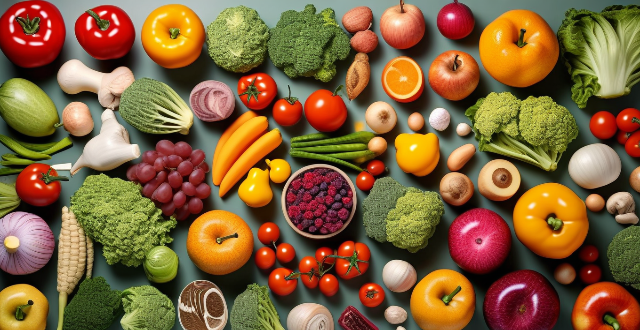Food hygiene and safety are crucial in preventing foodborne illnesses and ensuring the well-being of consumers. Key principles include personal hygiene such as washing hands thoroughly, covering cuts and sores, avoiding contaminating surfaces, and wearing appropriate clothing; food handling including keeping food at safe temperatures, cooking food thoroughly, using separate utensils, and avoiding reusing cooking oil; sanitation such as cleaning equipment regularly, sanitizing surfaces, and controlling pests; and storage such as storing food properly, refrigerating leftovers promptly, and labeling and dating products. By following these principles, you can help protect yourself and others from foodborne illnesses and enjoy safe, healthy meals.

Key Principles of Food Hygiene and Safety
Food hygiene and safety are crucial in preventing foodborne illnesses and ensuring the well-being of consumers. Here are some key principles to follow:
Personal Hygiene
- Wash hands thoroughly: Always wash your hands with soap and warm water for at least 20 seconds before handling food.
- Cover cuts and sores: Use waterproof bandages or gloves to cover any cuts, sores, or open wounds on your hands and arms.
- Avoid contaminating surfaces: Keep all work surfaces clean and avoid cross-contamination by using separate cutting boards for raw meats and vegetables.
- Wear appropriate clothing: Wear clean, protective clothing such as aprons, hats, and hairnets when necessary.
Food Handling
- Keep food at safe temperatures: Store cold foods below 4°C (39°F) and hot foods above 60°C (140°F).
- Cook food thoroughly: Make sure that all foods are cooked to their recommended internal temperatures to kill harmful bacteria.
- Use separate utensils: Use separate utensils for raw and cooked foods to prevent cross-contamination.
- Avoid reusing cooking oil: Do not reuse cooking oil that has been used to fry meats or other high-fat foods.
Sanitation
- Clean equipment regularly: Wash all equipment, including cutting boards, utensils, and countertops, with hot, soapy water after each use.
- Sanitize surfaces: Use a food-grade sanitizer to disinfect surfaces that come into contact with food.
- Control pests: Keep your kitchen free from pests like mice, rats, cockroaches, and flies by maintaining cleanliness and using traps or professional pest control services.
Storage
- Store food properly: Keep raw meats, poultry, seafood, and eggs in separate containers to prevent cross-contamination.
- Refrigerate leftovers promptly: Cool leftovers quickly and refrigerate them within two hours of cooking.
- Label and date products: Clearly label all stored food items with their contents and expiration dates to ensure they are used before spoiling.
By following these key principles of food hygiene and safety, you can help protect yourself and others from foodborne illnesses and enjoy safe, healthy meals.